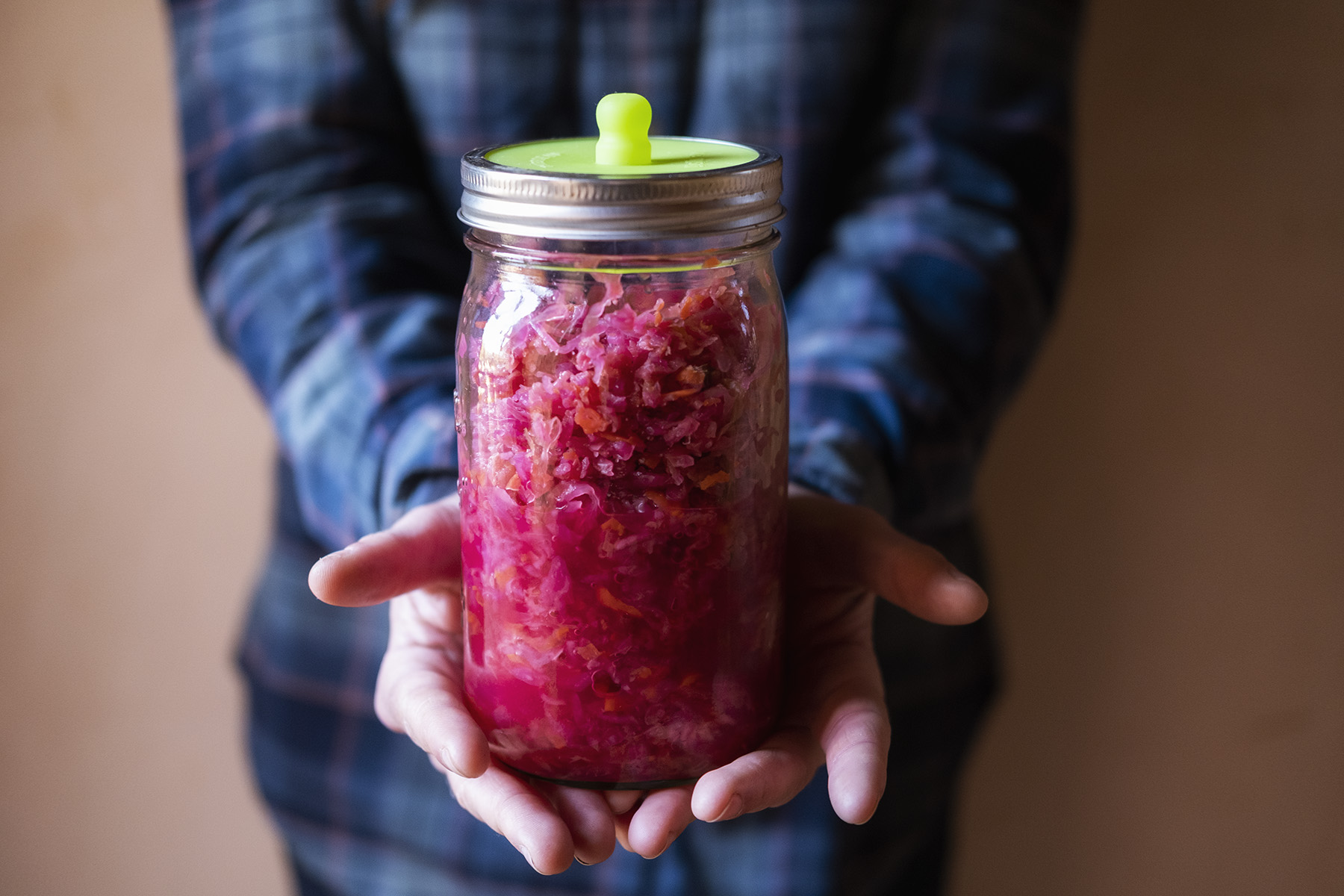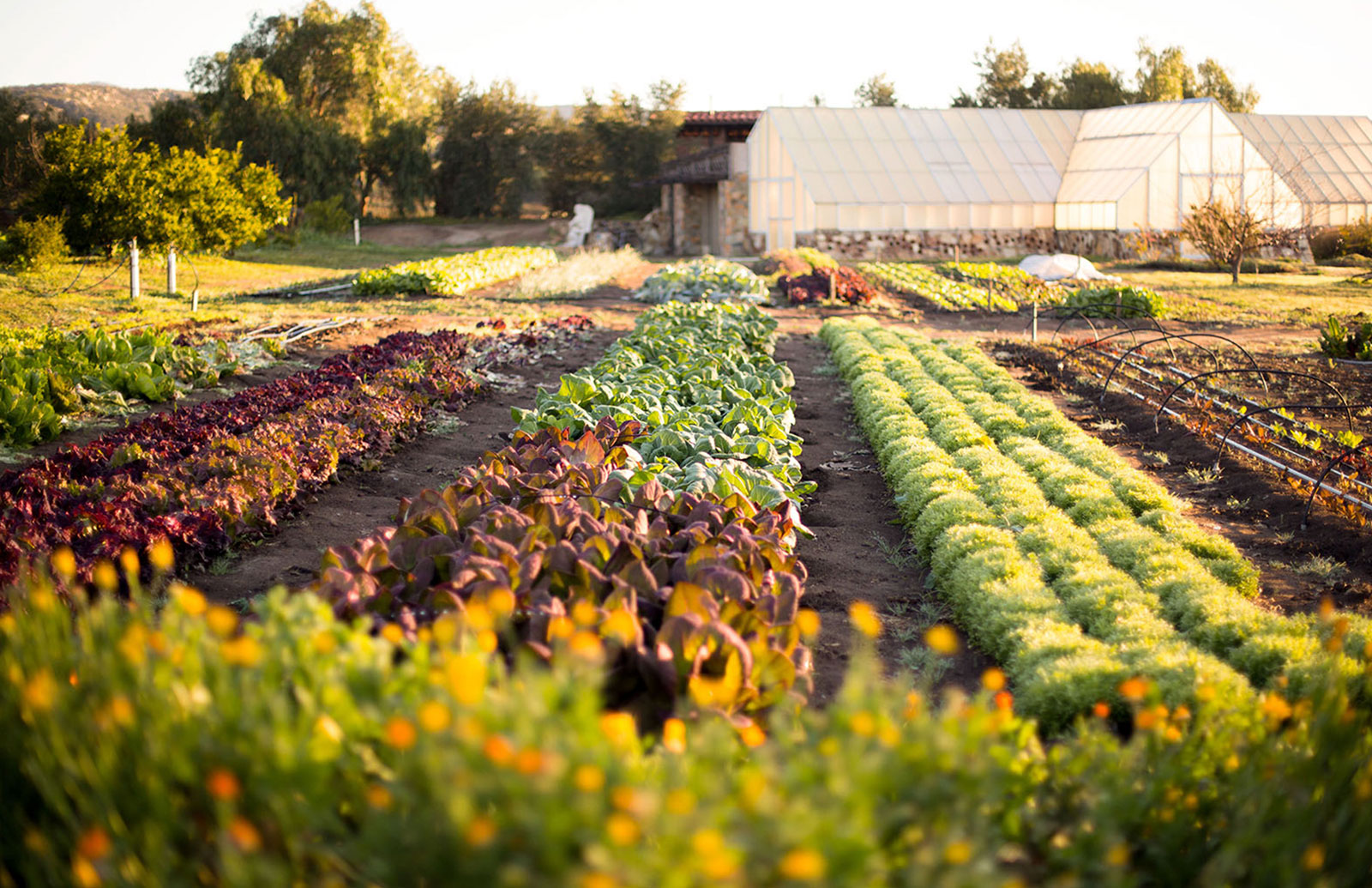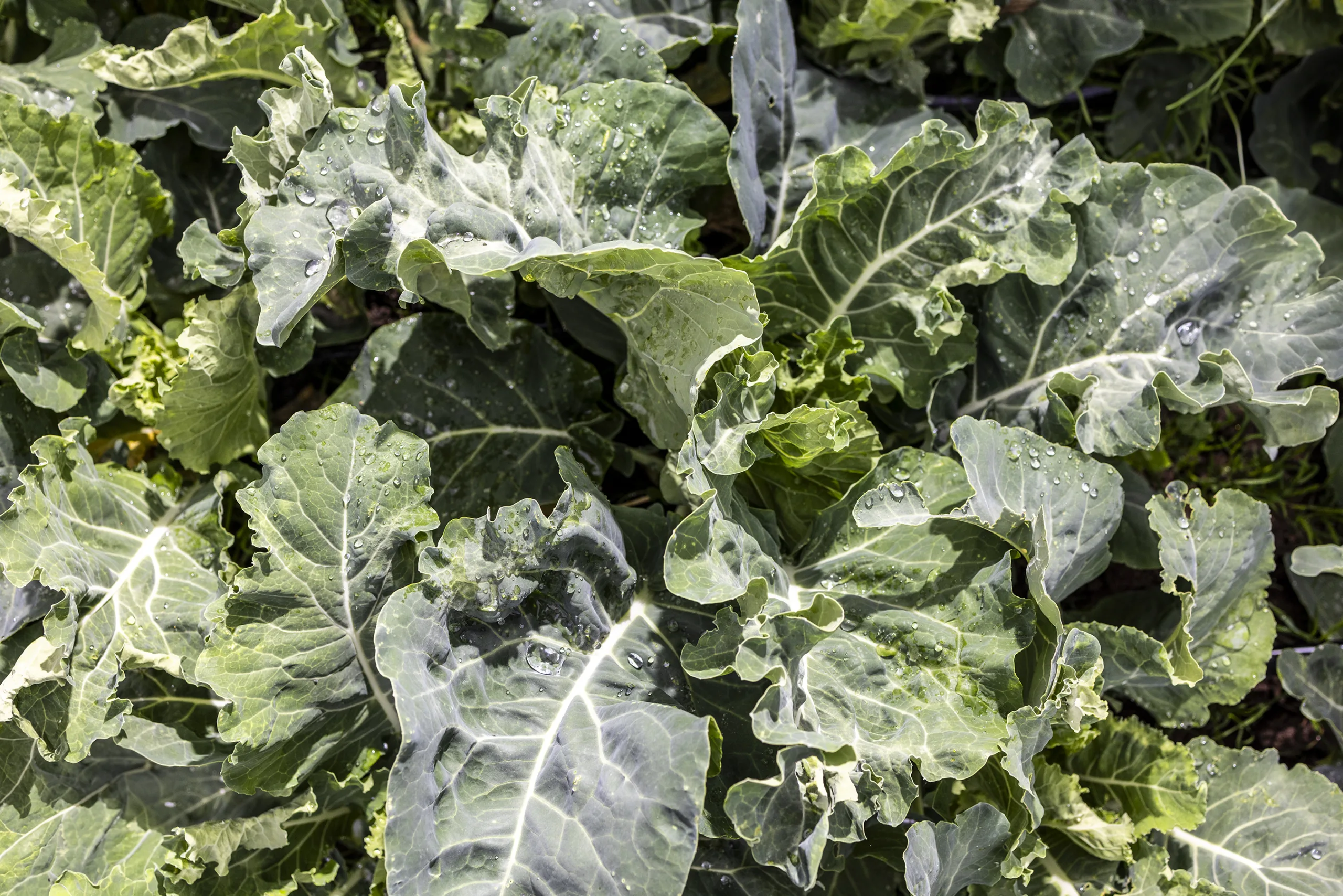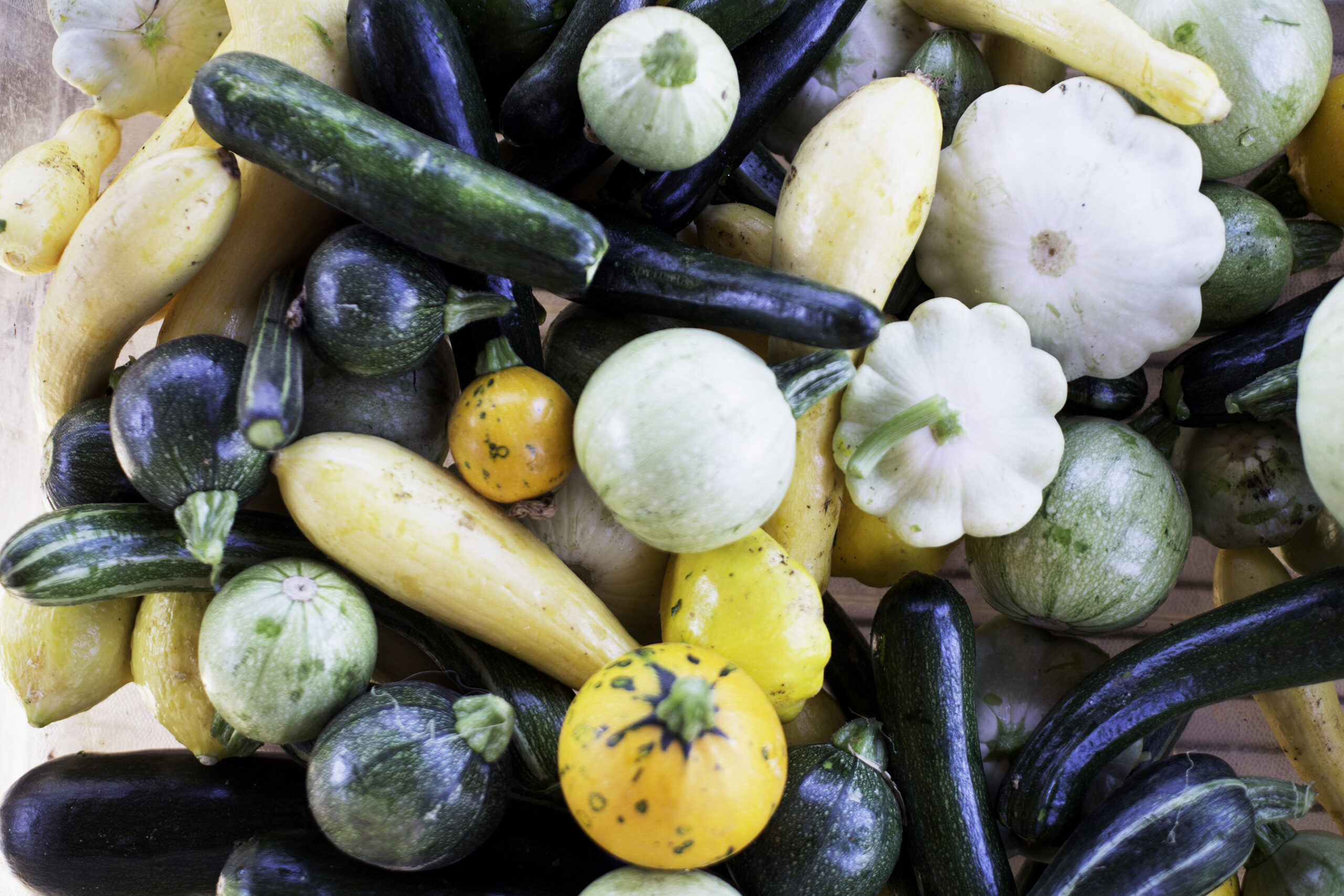The Benefits of Fermented Foods

Fermentation has been used for centuries to preserve a variety of food naturally. By safely controlling the growth of specific bacteria, fermentation can improve shelf life and nutritional value. Delicious and nutritious, fermented foods come in a variety of forms. Fruits, vegetables, milk, grains, and even tea is fermented to create nutrition-packed foods with many benefits for your body.
The process of fermentation involves the conversion of sugars into alcohol or organic acids. Microorganisms such as bacteria or yeast digest the natural sugars in the food, yielding a tangy and sometimes fizzy result. While some foods ferment with bacteria and yeasts that naturally occur on their surface or in the air, others need bacteria added to them to start fermentation. Either way, the process adds unique flavors and textures to the food and boosts its nutritional profile. The fermentation bacteria also act as probiotics that benefit our health.
Some commonly consumed fermented foods include:
Yogurt and Kefir: A creamy and tangy dairy product made by fermenting milk with lactic acid bacteria.
Kimchi: A spicy and crunchy Korean side dish made from fermented cabbage and various seasonings.
Sauerkraut: A traditional German dish made from fermented cabbage often used as a topping or condiment.
Kombucha: A fizzy and probiotic-rich beverage made by fermenting sweetened tea with a symbiotic culture of bacteria and yeast (SCOBY).
Miso: A popular Japanese paste made by fermenting soybeans, rice, or barley with a specific fungus called koji.
Natto: A strong-tasting Japanese dish of soybeans fermented with Bacillus subtilis natto.
Fermented foods have three main benefits:
- Increase nutrient availability: Enzymes from the bacteria or yeast help break down complex compounds, making food more digestible and easier to absorb.
- Immune support: Fermented foods are good sources of beneficial probiotic bacteria. Beneficial bacteria help control populations of less healthy bacteria and help create a barrier that protects the intestine’s lining. They discourage viruses and reduce the absorption of toxins. About 80% of our immune cells are directed into action by our gut, making a healthy microbiome essential to fighting disease and reducing inflammation.
- Improve gut lining integrity and motility: Probiotic bacteria help discourage populations of less healthy bacteria that can cause loose stools or constipation. Probiotic bacteria also create a layer of beneficial bacteria throughout the intestines to protect the lining. Stress, poor food choices, toxins, and some medications can tear down the gut lining resulting in inflammation or disease.
Fermented foods can also be a good source of fiber. Fiber found in fermented food is called prebiotics. Probiotic bacteria feed on these prebiotic fibers releasing important compounds like short-chain fatty acids. These bacterial digestive products also contribute to the integrity of the gut lining and improve gut motility.
Newer research shows that fermented foods can have an impact on mental health. Researchers call diets high in fiber and fermented dairy products ‘psychogenic diets’ as they may influence the gut-brain axis by producing the feel-good hormone serotonin. Studies on fermented foods and mental health have reported reduced depression and anxiety scores with higher fermented food intake. In one four-week study, subjects included three servings of daily fermented food rich in prebiotic fiber and probiotics. After four weeks, subjects felt less stress and experienced improved sleep.
Almost every culture uses at least one fermented food. Exploring your ancestry may be a fun way to try them. Kvass is a fermented beverage from Eastern Europe. While we aren’t sure, Mexico may be the source of water kefir from the paddle cactus. Indian chutneys, Korean kimchi, Chinese black beans, and German sauerkraut are just a few culturally important fermented foods. Not so adventurous? Add yogurt to a smoothie, sauerkraut to a sandwich, or snack on naturally pickled vegetables. Fermented foods are a great way to support digestive and immune health, no matter which ones you choose!
Get the Tres Estrellas Kimchi Recipe.
 Linda Illingworth, RDN, CSSD, is the Registered Dietitian at Lifewellness Institute, a medical practice specializing in wellness, where she provides clinical care and nutritional guidance for patients and corporate clients. An expert in functional nutrition, Linda is known for her practical advice to find the best nutritional path to achieve specific health goals. As a certified specialist in Sports Nutrition, Linda also has specialized training in food sensitivities, supplementation, wellness, thyroid and cardiovascular nutrition. Linda holds a B.S. in Nutrition from California State University Long Beach and completed her dietetic internship at St. Luke’s Hospital, Wisconsin. Her special interest in nutrition and wellness began in college with her father’s death, the result of cardiovascular disease and thus created a life-long desire to learn. Linda is frequently consulted for her depth and breadth of nutritional knowledge, has developed nutrition curriculum for popular destination health spas, National University, consults for non-profit nutrition programs, and can be found in print and online media.
Linda Illingworth, RDN, CSSD, is the Registered Dietitian at Lifewellness Institute, a medical practice specializing in wellness, where she provides clinical care and nutritional guidance for patients and corporate clients. An expert in functional nutrition, Linda is known for her practical advice to find the best nutritional path to achieve specific health goals. As a certified specialist in Sports Nutrition, Linda also has specialized training in food sensitivities, supplementation, wellness, thyroid and cardiovascular nutrition. Linda holds a B.S. in Nutrition from California State University Long Beach and completed her dietetic internship at St. Luke’s Hospital, Wisconsin. Her special interest in nutrition and wellness began in college with her father’s death, the result of cardiovascular disease and thus created a life-long desire to learn. Linda is frequently consulted for her depth and breadth of nutritional knowledge, has developed nutrition curriculum for popular destination health spas, National University, consults for non-profit nutrition programs, and can be found in print and online media.


